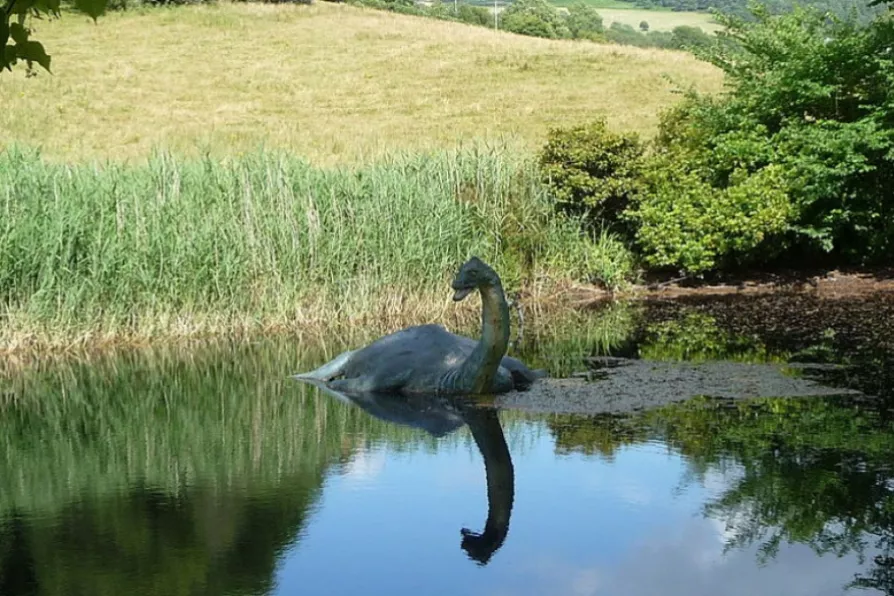Once the bustling heart of Christian pilgrimage, Bethlehem now faces shuttered hotels, empty streets and a shrinking Christian community, while Israel’s assault on Gaza and the tightening grip of occupation destroy hopes of peace at the birthplace of Christ, writes Father GEOFF BOTTOMS

 The Loch Ness Monster
[Immanuel Giel/Creative Commons]
The Loch Ness Monster
[Immanuel Giel/Creative Commons]
SCOTTISH First Minister Nicola Sturgeon professed her faith in the existence of the Loch Ness monster last week, no doubt earning her much gratitude from the Scottish tourist board and the hotels, eateries and pubs around Loch Ness.
There are, however, more immediate political monstrosities that the First Minister has to deal with — and I am not only referring to reports that Alex Salmond fancies another shot at the Banff & Buchan seat he held from 1987 until 2010, when he switched to the Gordon constituency he lost in 2017, to return to Westminster.
The SNP’s Growth Commission report, which the Morning Star has commented on in some detail, was supposed to rekindle faith in a financially sound independent Scotland. But it has bombed, especially, but not exclusively, among the those who believed that independence might open the door to a radical Scotland where inequality could be eradicated.

On the release of her memoir that reveals everything except politics, Sturgeon’s endless media coverage has focused on her panic attacks, sexuality and personal tragedies while ignoring her government’s many failures, writes PAULINE BRYAN

VINCE MILLS cautions over the perils and pitfalls of ‘a new left party’












